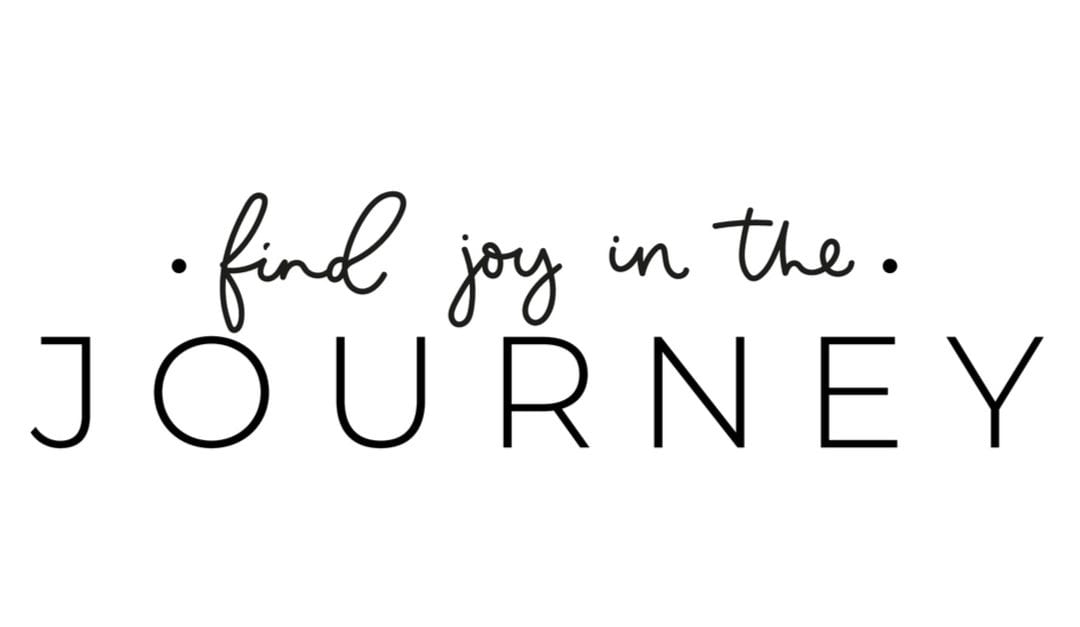If you’ve been furloughed, you might be going through a mix of emotions. Scared and unsettled. Relieved that you’ve got time off work to be with your family in these very strange circumstances. Concerned about whether you will have a job to go back to. Contemplative about the future. Add to this the global fear and confusion about the effects of coronavirus, and it’s undoubtedly a challenging time, wherever you happen to be as you read this.
While we’re in a situation we can’t control, let’s focus on what we can and how we can take the fear out of furlough.
Time. You now have time to reflect on what’s important – and that goes beyond a career. Health. Family. Relationships. Life goals. You might find yourself asking some big questions; What are my priorities? Am I doing what I really enjoy doing? How can I change things? We only have one life. And with any luck, this global lockdown, this assault on our economy, our livelihood and our freedom, won’t happen again.
A good place to start is to do a life laundry – I don’t just mean sorting the sock drawer (although this may well have been on your Day 1 list!). Think wider. What do you want to do … and actually what don’t you want to do? While on furlough, you have the time and opportunity to do this.
Foot off the gas. Literally and figuratively. You’re not travelling to work. You can kick back. You don’t have to juggle the same responsibilities that you did a few weeks ago. You can legitimately use this time to focus on improving your own life – and that of others, by volunteering. The obvious choice is to support the army of thousands of NHS volunteers at the moment, but you can do other volunteer work too (as long as it’s not for your employer) while on furlough.
Start something new! Without a work commute and less constraints to your day, make the most of the extra hours. Getting accustomed to life on furlough means giving yourself permission to do something new. This might be starting a new hobby (a friend of mine took up the ukulele), doing an online course – there are some free ones on LinkedIn and Udemy is also worth a browse – or learning a language. Flip it around, and it can also be a chance to stop doing something. Smoking. Caffeine intake. Eating meat. It takes 21 days to break a habit…
Give your day shape. Where there is disorder, impose structure. It’s a well-known coping mechanism. You may not be at work but it’s worth establishing a plan for the day, some sort of schedule, and sticking to it. Whiteboards work well for this. You’re free to set the structure so if your concentration is good first thing, tackle any cerebral tasks then. If late nights see you at your most creative, you now have the freedom to do this. We’re so often tied to deadlines and constrained to patterns that it can be liberating for many people to flex their day to suit their rhythm.
Focus on your health and wellbeing. When you’ve been furloughed, your health deserves a bit of attention. We should all be taking regular exercise in any case, and while the weather’s being kind to us, being outdoors is no hardship. Why not change your habits? Sunrise yoga. A gentle cycle first thing in the morning. Even stretching in the garden or on the balcony. Self-care is always a wise investment. It could also be a good time to try out new recipes or change the way that you eat.

Catch up on your sleep. There might be a tendency at the moment to stay up later and sleep in longer while on furlough. While this is totally understandable, it can mess with your body clock even when you’re not in the same work routine. Getting 6 – 8 hours of sleep is important, however you spend your day. Don’t miss out. If you struggle to drop off, try a relaxation app like BrainTap, Calm or Headspace. You’re absolutely not alone: #CANTSLEEP has been trending on Twitter and as The Sleep School founder Dr Guy Meadows confirms, coronavirus and lockdown, a change in your work or daily routine, money worries, marital spats, uncertainty, scrolling through bad news on your phone can all affect the quality of your sleep. The good news? Catnapping is beneficial: it keeps you alert, lowers blood pressure and boosts your mood.
Stay social. Being furloughed doesn’t mean professional isolation. Keep in touch with friends and work colleagues. This might be a virtual happy hour every Friday, an online quiz or just a coffee with friends. It’s also an opportunity to reconnect with old friends, extended family and hook up in social groups – especially those linked to hobbies, sports, and your local neighbourhood/community – via WhatsApp and Zoom.
Family time. If you have children, you might already be involved with home schooling. Being furloughed now gives you a chance to immerse yourself in their world – baking, puzzles, projects, arts and crafts, learning their favourite games and rediscovering yours. They’ll remember this time, and so will you. When you switch off and lose yourself in an activity, it gives your brain time to decompress and can trigger creativity, allowing what your usual busy work life suppresses to come to the surface.
Your job. It’ll be on your mind. Spending some time thinking about your career is only natural. You may not have had time for years to REALLY do this. So give it some thought – write down new ideas as they occur to you. Talk them through with your partner, family or friends. Get some professional advice.
Above all, be kind to yourself. We’ve never seen anything like this or experienced a pandemic of this proportion in modern times. We are having to re-evaluate the way we act and behave, changing our outlook and temporarily, our priorities. This is easier for some people than others – but look at how we’re pulling together as a nation, see how we’re recognising what actually matters and focus on the good that will come out of it. We are building resilience. We are learning about ourselves. This virus may have disrupted everything we took for granted but we will emerge as different people – with possibly different priorities.
Now more than ever, we realise that our jobs don’t define us. So use this time to determine your own worth. When the clouds have lifted and ‘normal’ life resumes, you may be ready to follow a different path. And we’ll be here to support you.

